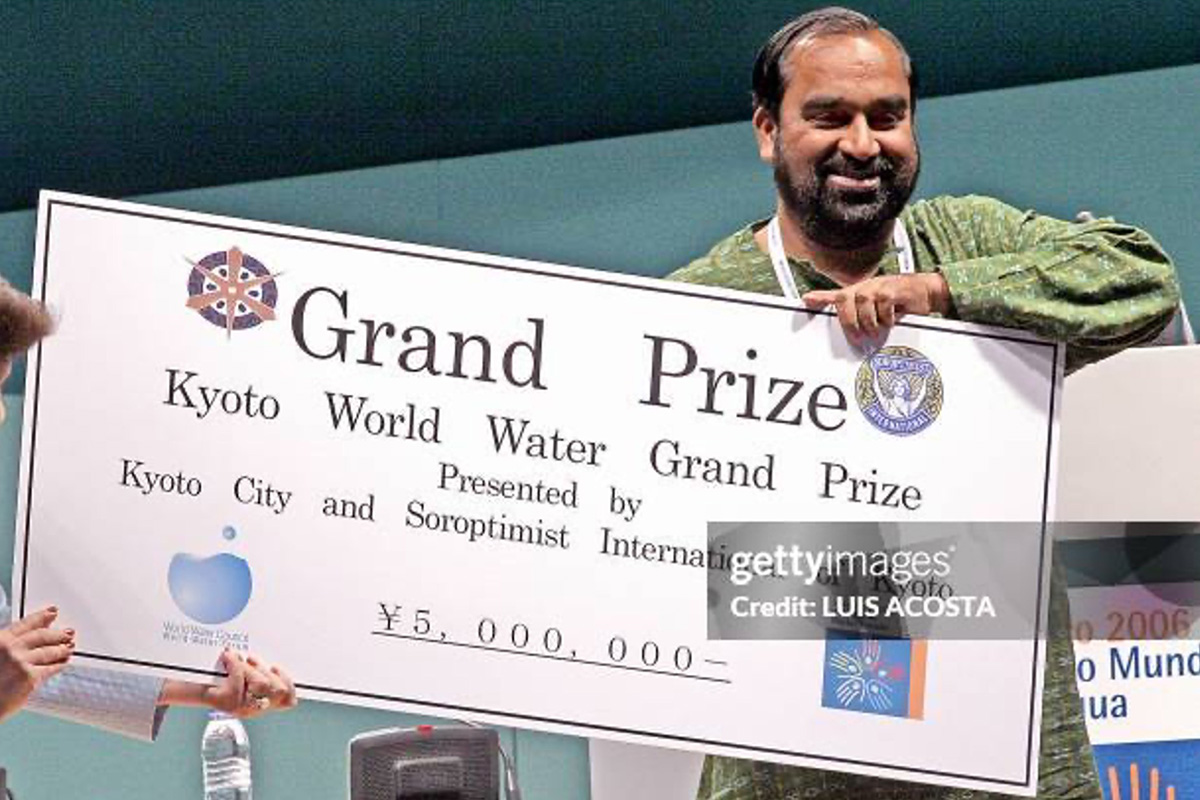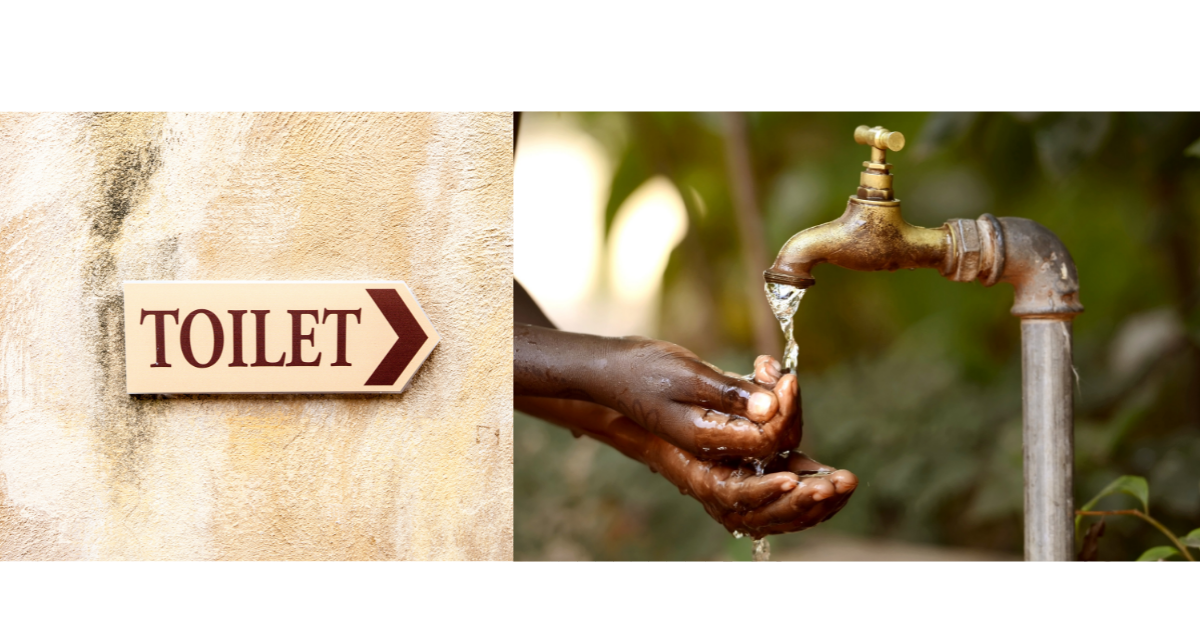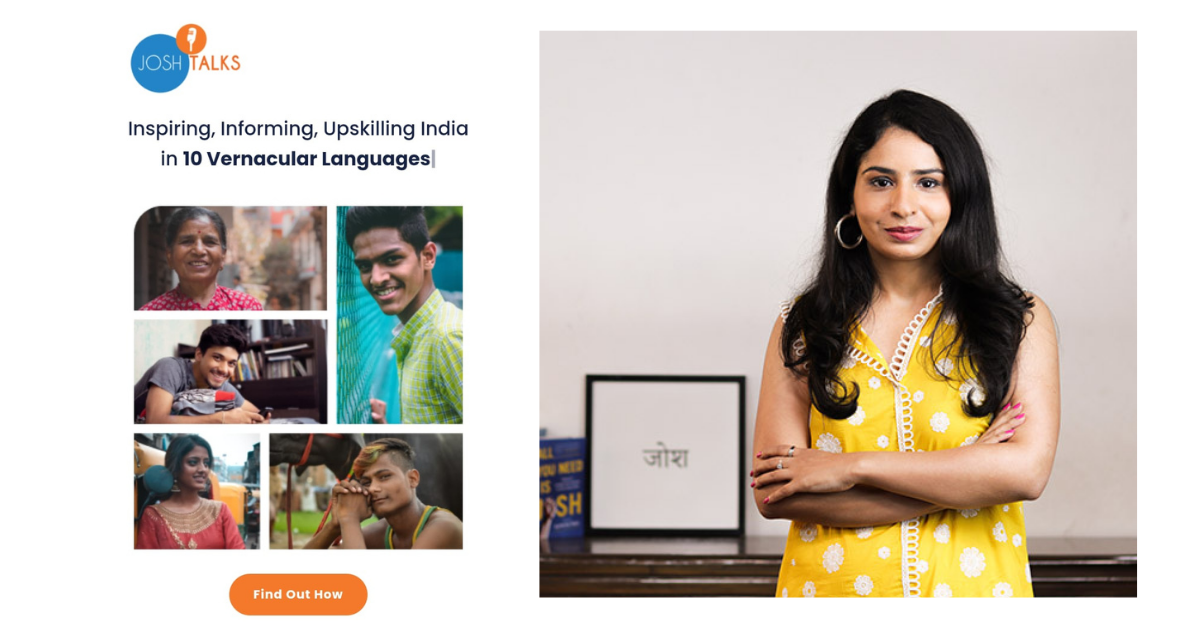Aid to developing countries may have originated as supportive gesture, but Swapnil Mishra, 21, a Correspondent from India, currently studying in the U.S., argues that cash donations led to structural weaknesses that eventually put those nations at a disadvantage. In the postwar world, the funds from First World nations lowered the needs of leaders in …
Tag: India
Joe Madiath: A Visionary Leader Who Transformed Rural India
April 22by Sameer Misra Joe Madiath has transformed rural India in a manner that has never been seen before. …
Joe Madiath: A Visionary Leader Who Transformed Rural India Read More »
Read moreHow Supriya Paul is unlocking the potential of Indian youths through Josh Talks
March 21Supriya Paul from India is one of the 20 finalists for this year’s Commonwealth Youth Awards. This y …
How Supriya Paul is unlocking the potential of Indian youths through Josh Talks Read More »
Read moreIndia’s transgender community has been a target of chronic violence, intolerance and stereotyping. Sugandha Parmar, 23, a Correspondent in Kanpur, India, writes that the Transgender (Protection of Rights) Bill promises protection of rights and facilitates acceptance in social spaces. Such a legislative move engenders fresh questions amongst those aspiring for reform. Underpinning several LGBTQI discourses lies a …
Swapnil Mishra, 21, a Correspondent from India and currently studying in the U.S., looks at the historic and economic roots of poverty. He argues for the need to provide basic necessities and the opportunity to make personal and economic choices. After reading the five different individual stories from John Isbister’s “A World of Poverty”, about people …
Young people with disabilities have numerous concerns, especially in the developing world, writes Vibhu Sharma, 24, a Correspondent from Delhi in India, who notes the problems created by discrimination and social exclusion. It is difficult for most students with visual impairment to seek admission in general schools. Lack of adequate school infrastructure, unawareness amongst teachers …
War and peace has been a focal issue in all periods of history, writes Abhay Shah, 17, a Correspondent from Siliguri in India. Lessons have been learned, but he argues that humankind must learn how to manage ongoing and new crises that threaten peace. The concern of humankind for peace can be assessed by taking …
Building peace means finding ways to defuse the hate speech of terrorists, writes Mridul Upadhyay, 25, a Commonwealth Correspondent from New Delhi, as he describes a workshop that gave activists strategies for this important mission. “We, the peace builders, need to understand that the reach of ISIS type extremist groups is getting much better than the peace …
Micro-financing is often heralded as a path out of poverty for maginalised groups, but Swapnil Mishra, 21, a Correspondent from India and currently studying in the U.S., examines the numbers and outlines the limitations that must be considered. A poor family lives on less than $2 a day, and the family seeks for financial predictability like …
India can rightly claim to be making continuous efforts to look after persons with disabilities, writes Vibhu Sharma, 24, a Correspondent from Delhi in India, but the issue now is to implement the laws that are on the books. In 1997, India set up a corporation to provide loans to disabled people to facilitate their economic …
For centuries, the role of the press has been recognised as the Fourth Estate and as a forum for public discussion, writes Abhay Shah, 17, a Commonwealth Correspondent from Siliguri in India. As World Press Freedom day approaches, he describes the balance that the media must strike in maintaining that role. Democracy cannot thrive in …
Unhappy experience with racism prompts McPherlain Chungu, 21, a Commonwealth Correspondent from Zambia now studying in India, to reflect on the role of apathy. He argues that each individual can combat racism by speaking up and looking for ways in which we are similar rather than different. Just weeks ago, ten Nigerian students sustained severe injuries after …



